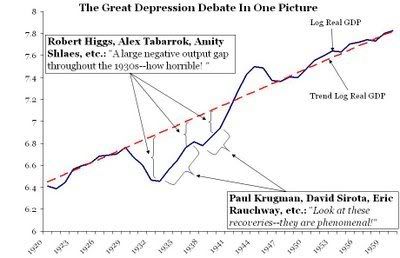- Joined
- Oct 11, 2005
- Messages
- 6,698
- Reaction score
- 1,539
- Location
- The City Different
- Website
- www.chrisjohnsonmd.com
Nobel Prize-winning economist Joseph Stiglitz makes a pretty good case for it here. After all, the public now owns a good share of the risk -- we might as well own whatever benefit is to be had. And the recent outrages about how the banks have spent the bailout money should come as no surprise (at least to anyone besides Henry Paulson and his friends) -- after all, these are the people who got us here.
Over at Obsidian Wings Eric Martin dissects the Stiglitz piece and concludes: "Nationalize it. It's not an ideal solution, just the best available."
(I love the motto over there: "This is the Voice of Moderation: I wouldn't go so far as to say we've actually SEIZED the radio station . . ."
Over at Obsidian Wings Eric Martin dissects the Stiglitz piece and concludes: "Nationalize it. It's not an ideal solution, just the best available."
(I love the motto over there: "This is the Voice of Moderation: I wouldn't go so far as to say we've actually SEIZED the radio station . . ."






